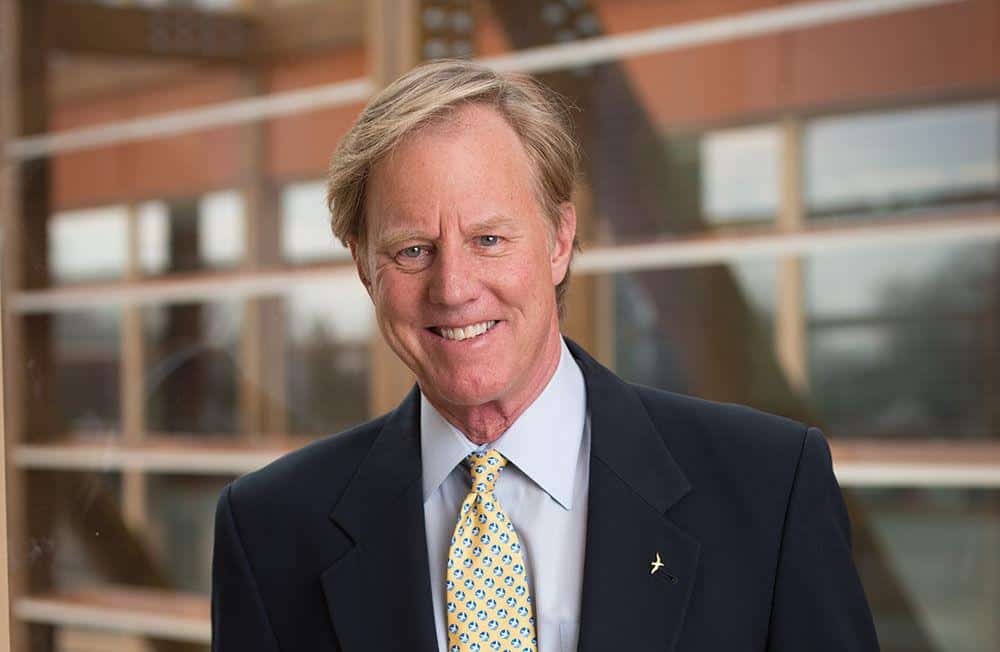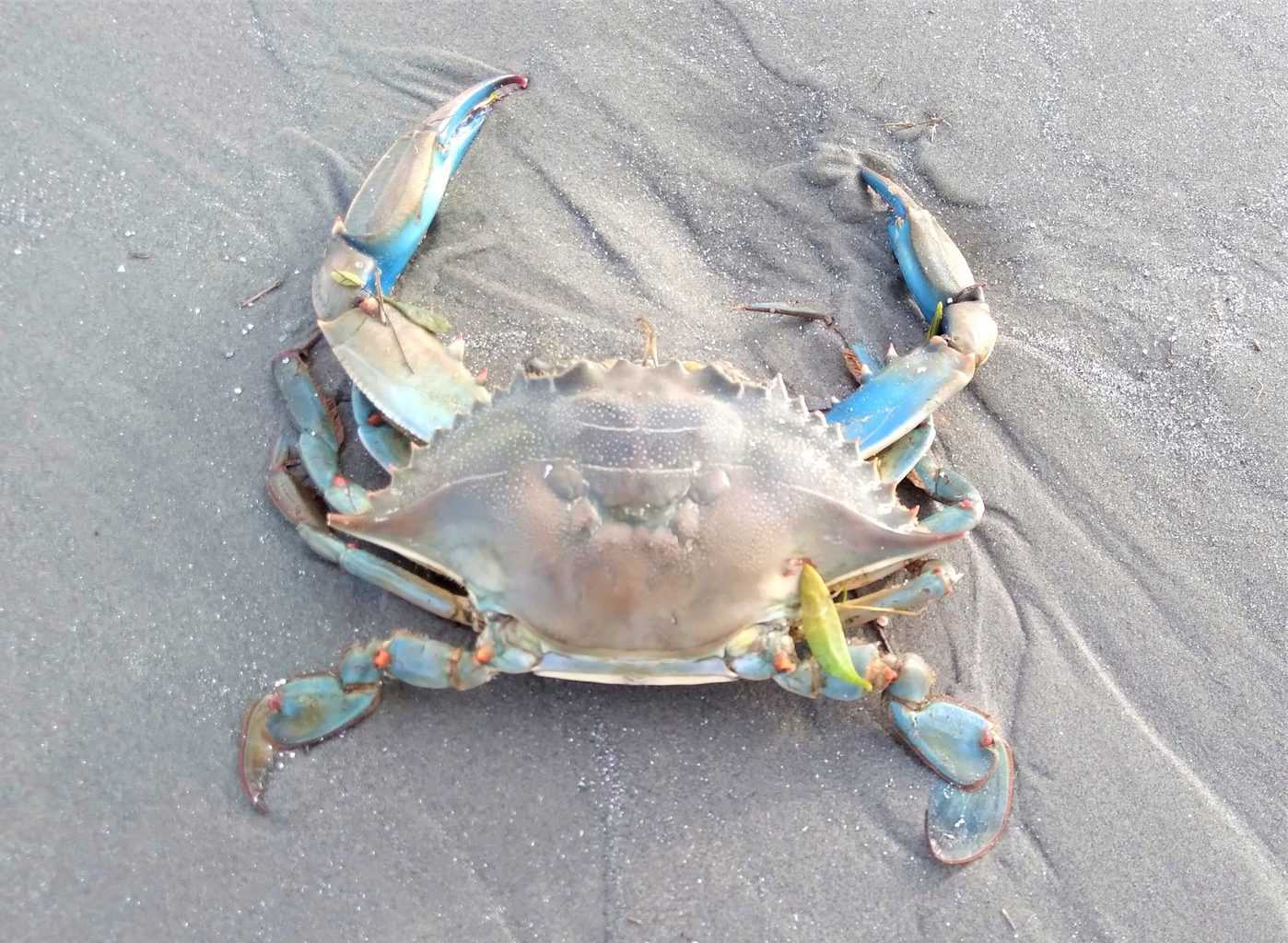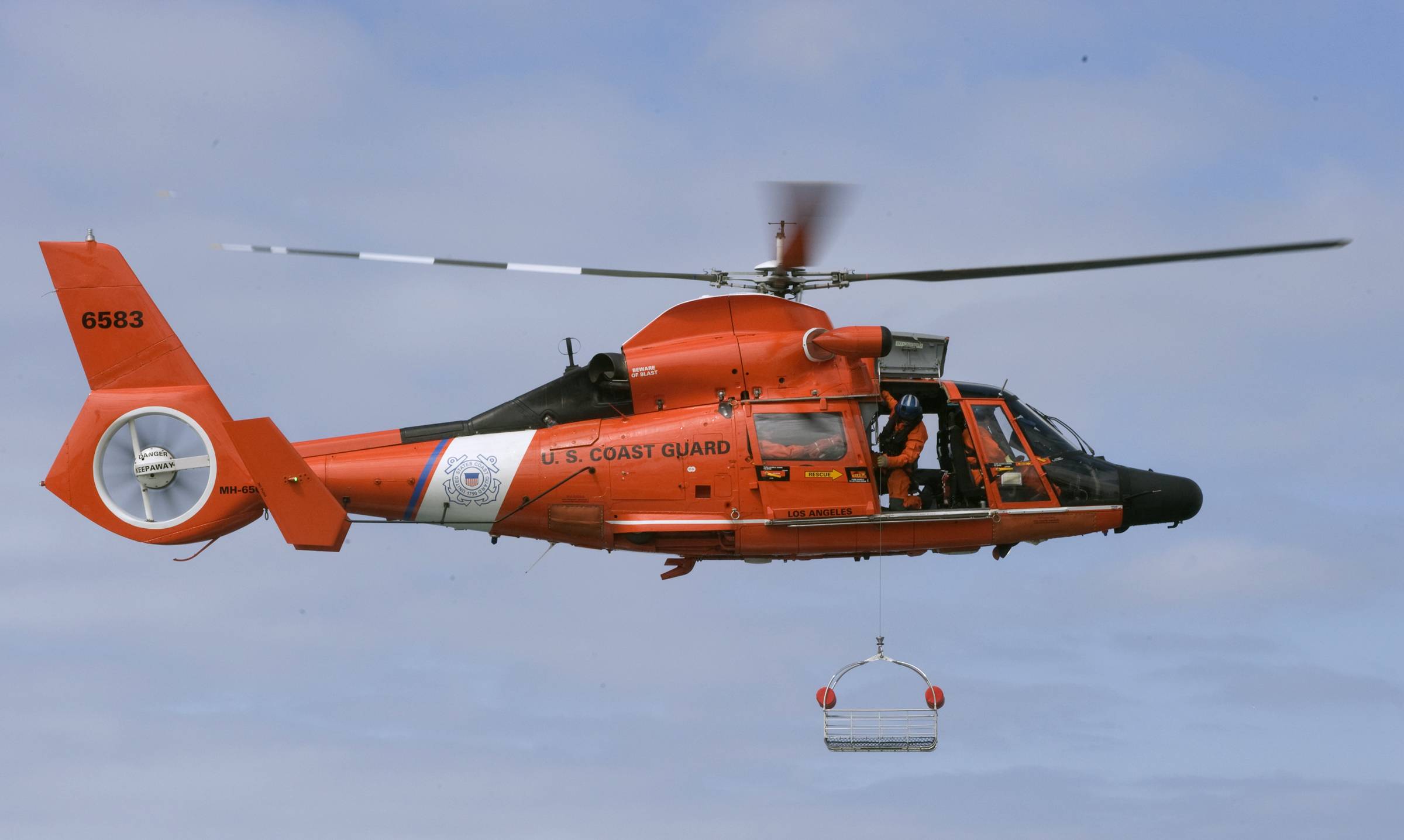By Timothy B. Wheeler, Bay Journal News Service
Will Baker, who’s led the Chesapeake Bay Foundation for the last 40 years, announced that he plans to step down at the end of 2021 as the environmental group’s president.
“I’m proud of the many things we have accomplished over the years,” said Baker, 67, in a statement released by the foundation. “But there is a lot left to do in 2021 and beyond.”
Baker joined the Bay Foundation as an intern in 1976, nine years after the group’s founding, and has run the organization since 1981. In that time, it has grown from just a handful of employees to a staff of 200, with 300,000 members and offices and programs in Maryland, Virginia, Pennsylvania and the District of Columbia. It’s widely considered the preeminent nongovernmental group advocating for the Bay’s restoration at the state and federal level, though that is only half of its mission. Over the years, the foundation has provided outdoor educational experiences about the estuary to more than 1.5 million students, teachers and others across the region.
In a brief telephone interview, Baker said he had been thinking “on and off” about relinquishing the reins of the organization for some time, but he feels that now is the right time.
“We’re in good shape financially, we’ve got a great team of vice presidents, the board is superb,” he said. “This is the time to do it, when things are going well, not when they’re going badly.”
The foundation graded the Bay’s health a D-plus in its latest report card as Bay Bulletin reported in early January. That’s the same letter grade awarded in the foundation’s 2018 report, though the numerical score behind it slipped a point, from 33 to 32 out of 100. The score has risen only five points since the first report card in 1998.
Even so, Baker said there’s been noticeable progress in the long-running restoration effort.
“When CBF was founded over 50 years ago, the Bay was dying,” he said in the prepared statement. “Today, a restored Bay is within sight. But we are not there yet. The recovery, while tangible, is still fragile.”
The Bay watershed jurisdictions and federal government are struggling to fulfill all the restoration commitments they made in the 2014 Bay Watershed Agreement. Their agreed-upon deadline is the end of 2025.
Asked if he regretted leaving before the Bay restoration effort had succeeded, Baker said, “I want to see the Bay restored when I have time to be out there to enjoy it.”
Baker said he wants to leave now while he’s still young enough to pursue other interests “before I go belly up,” though he said he had nothing lined up to do upon retirement.
“I think it’s good for me, but I also think it’s good for CBF,” he said. “Maybe I should have done this 20 years ago. New leadership is good. I look forward to watching CBF’s next chapter.”
Elizabeth Oliver-Farrow, chair of the foundation’s board, called the group “the Bay’s watchdogs” and said it has demonstrated success at translating science into policies that achieve clean water. “Will’s decades of leadership and vision have made that success possible,” she said, adding that the board is committed to a “broad and thorough” search for Baker’s replacement.
Baker said he was honored to have worked for the foundation for 45 years, running it for 40. He credited growth and accomplishments to the board and staff, whom he called “dedicated people committed to saving the Bay. CBF has given me more than I’ve given them.
“It’s been my life, behind my family,” he said.



